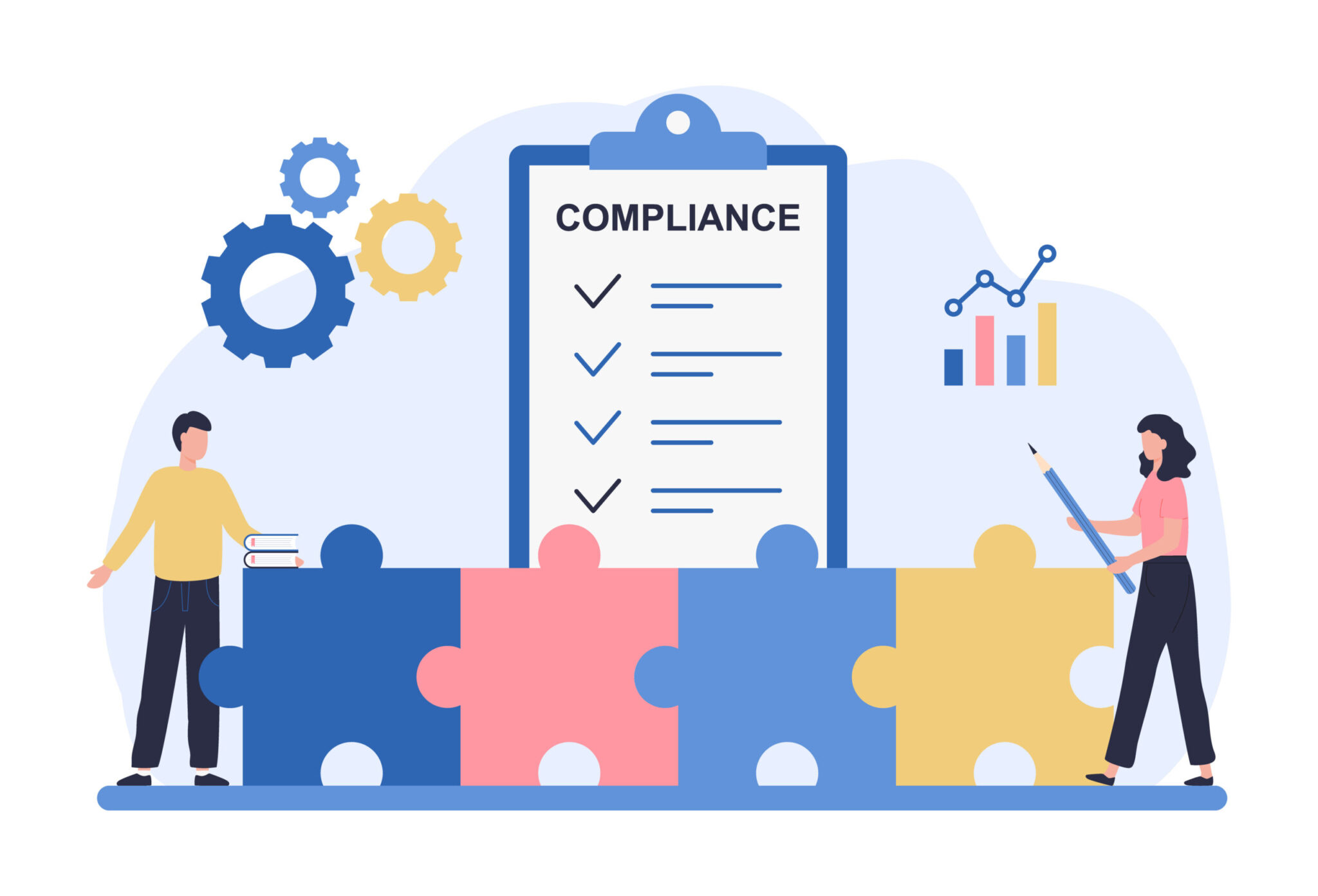EquiLend Insight
CSDR: Implementation and Solutions in Technology
CJ Emson
November 2021

EquiLend Insight
CJ Emson
November 2021
CSDR is finally scheduled for implementation in February 2022, yet there remains some uncertainty over the nuances of the regulation’s implementation. Many objections were set out in a second open letter from ISLA and others and remain under consideration. Market participants await their concerns being adequately addressed beyond each delay. Yet despite the delays, the requirement to prepare effectively for CSDR is no less for the uncertainty surrounding it.
CSDR has long been in the making. In 2014, the Giovannini Reports set out a schedule towards the goal of greater efficiency and security in post-trade harmonization. Quickly implemented was the two-day settlement cycle now standard to markets. Many measures involved in the upcoming second stage of CSDR were negatively received from the outset, specifically mandatory buy-ins and cash penalties, solving for an issue which is thought to impact only some 10% of trades. As of November 2021, the inclusion of mandatory buy-in fo this stage of CSDR implementation has been postponed.
Further concerns center around latency between instruction and settlement. This remains a relatively common occurrence at present where many processes are not yet automated, but it is exactly this latency which is a critical issue firms must address ahead of CSDR. For trades with inaccurate inputs at point of trade pre-CSDR, the knock-on effect is late settlement and additional short-term exposure which firms have become comfortable with, to an extent. Post implementation, fines and buy-in costs for exposure coverage in addition to fulfilling existing collateral requirements have the potential to severely impact firm’s and market liquidity.
With seven years elapsed since the initial regulation was announced, the intervening years have, in theory, allowed both firms and technology providers to assess the compound risk of CSDR on current workflow processes and advance the technology available to support the enforcement.
Identifying workflow inefficiencies ahead of CSDR is the best preparation. Industry tools, such as those available from EquiLend’s product suite, service the complete trade lifecycle from pre-matching at point of trade to post-trade settlement and real-time exposure data. At least 30% of all manually booked trades are booked incorrectly. Automation at point of trade as offered by EquiLend NGT ensures these booking errors simply never occur.
EquiLend’s NGT trading platform offers automated matching of multiple fields including settlement location and market field at the point of trade, reducing the likelihood of breaks at the earliest possible stage. Additional features such as Event Blotter and Settlement Monitor, progress beyond exception-based processing, supporting digital event management and collateral movements on automated event changes in the lifecycle, across any platform. Combined, firms can have confidence in the status of both their instructions and those of their counterparts’ and reduce potential latency from the earliest point in the trade lifecycle.
Further automation benefits can be found in SSI reconciliation with EquiLend Unified Comparison, either from OneFile submissions or against the EquiLend SSI Repository. Returns and recalls also may be automated from OneFile submissions, resulting in further workflow efficiencies.
With Exposure Management, clients may automate their exposure management process to support faster resolution of exposure disputes, while automated RQV submissions connect clients to tri-party agents, leading to earlier account coverage and loan release.
Following the cumbersome roll-out of SFTR, additional regulation impacting the securities finance industry would always land hard. The best of these scenarios envisages that other provisions within the wider CSDR regime will solve underlying settlement and pre-matching efficiency problems industry wide. With increased efficiencies in workflow, and better matching at point of trade, the industry has by and large welcomed the postponement of mandatory buy-ins, which have the potential to impact spread width across markets and liquidity for multiple settlement participants, most detrimentally impacting small to mid-sized firms.
With the latest phase of CSDR delayed until February 2022, ESMA have created some breathing space around these issues to aid discussion but as ISLA and the other trade bodies assert, “without these answers, market participants are not able to fully implement the CSDR provisions…and cannot complete their preparations” and the clock is ticking on reaching a resolution.
EquiLend works with each client to understand their unique functional and technological requirements. We have the unique capability across the full transaction flow to assist our clients in connecting their existing systems through EquiLend trading platforms, EquiLend Spire and EquiLend post trade services offering the most effective solution for each firm.
Contact us to find out how EquiLend can best support your CSDR business needs.
EquiLend is a global financial technology, data and analytics firm offering Trading, Post-Trade, Data & Analytics, RegTech and Securities Finance Platform Solutions for the securities finance industry. EquiLend has offices in New York, New Jersey, Boston, Toronto, London, Dublin, India, Hong Kong and Tokyo and is regulated in jurisdictions around the globe.
